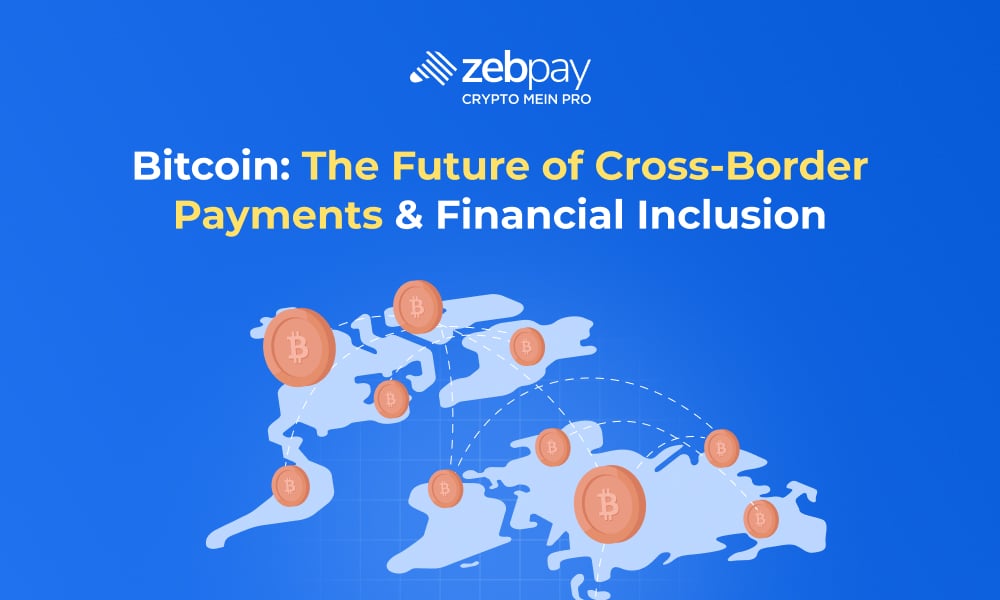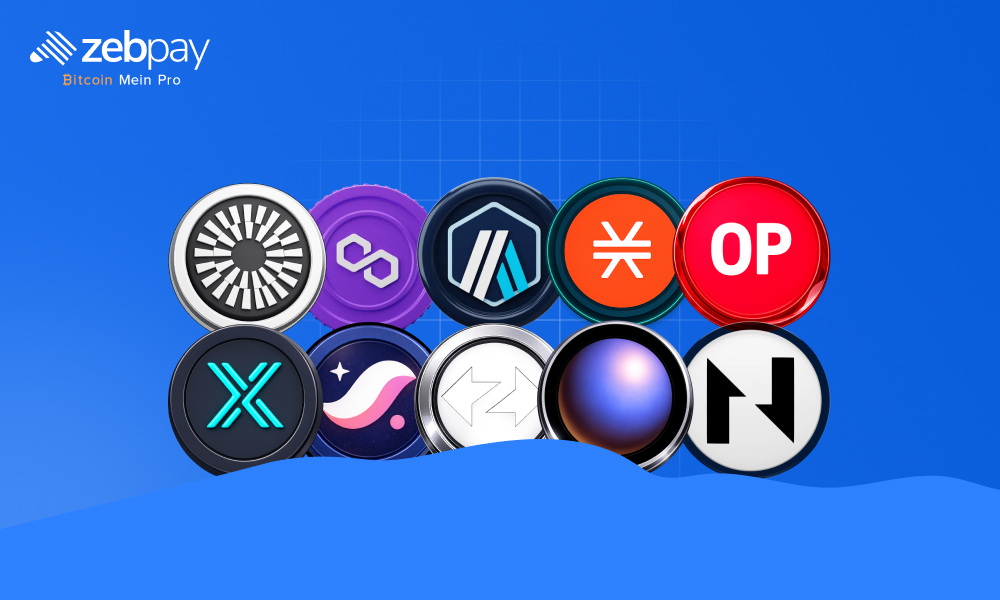As the world becomes increasingly interconnected, the demand for cross-border money transfers is growing at an accelerating pace. Millions of people rely on remittances to support their families to conduct international business, but traditional methods often come with hefty fees, slow processing times, and the involvement of multiple intermediaries. Bitcoin (BTC), however, is changing the game. This decentralised digital asset offers a faster, more affordable way to send money globally without the usual barriers. The question is how can BTC really shape the future of remittances? In this blog, we’ll dive into the challenges of traditional remittance systems and explore how BTC is emerging as a growing solution for cross-border payments.
Overview of Traditional Remittance Systems
Traditional remittance systems, often dominated by banks, money transfer services, and remittance agencies, have long been the backbone of cross-border payments. These systems allow individuals to send money internationally, usually by transferring funds through financial institutions or services like Western Union, MoneyGram, PayPal, among others. Here are the key points:
- High Transfer Costs: Average fees range between 6% to 7%, with some corridors incurring even higher charges.
- Slow Processing Times: Transfers can take several days to a week to complete, especially in cross-border transactions.
- Dependence on Intermediaries: Banks, clearinghouses, and local financial agents add extra layers, increasing both costs and time delays.
- Limited Availability: Traditional systems are tied to banking hours and infrastructure, meaning they’re not accessible 24/7.
- Bureaucracy and Security Checks: Multiple verification steps slow down the process further and complicate transactions.
Rise of Bitcoin as a Remittance Solution
From what it’s understood, BTC’s role in the remittance industry is steadily growing as more people and businesses recognise its potential for facilitating cross-border transactions. Unlike traditional remittance methods, which rely on centralised institutions like banks and money transfer services, BTC operates as a decentralised, peer-to-peer network. BTC’s reliance as a remittance solution is driven by its ability to bypass the usual challenges associated with international money transfers, such as time delays, high fees, and complex banking infrastructures.
Additionally, the growth of crypto exchanges and service providers that facilitate BTC-to-fiat conversions, which make it easier for recipients to help with their BTC transactions, is playing a significant role in BTC’s increasing adoption as a remittance solution. The growing infrastructure is considered critical with enabling BTC’s integration into existing financial systems, creating a more accessible, reliable, and scalable option for cross-border payments.
Advantages & Disadvantages
Advantages
- Lower Transaction Fees: With BTC, fees incurred can be a fraction of what users would typically pay when using banks or related services.
- Faster Cross-Border Transactions: BTC transactions are processed on the blockchain and can be typically completed within minutes, regardless of geographic location.
- Financial Inclusion: BTC offers an opportunity for financial inclusion in regions with limited access to traditional banking systems.
Disadvantages
- Price Volatility: BTC’s value can fluctuate significantly within short periods, making it unpredictable for both senders and recipients.
- Regulatory Uncertainty: The regulatory landscape for crypto assets, including BTC, remains uncertain in different parts of the world.
- Technical Barriers and Adoption Challenges: Despite BTC’s potential, it still faces barriers in terms of adoption, particularly in developing countries.
Case Studies
- El Salvador: Pioneering BTC Adoption for Remittances: El Salvador made headlines in 2021 when it became the first country to adopt BTC as a legal tender. As part of its strategy to boost financial inclusion and reduce remittance costs, the government introduced a national BTC wallet called Chivo Wallet, enabling citizens to send and receive remittances in BTC.
- Mexico: BTC for Lower-Cost Cross-Border Remittances: Mexico is one of the largest recipients of remittances in the world, with over $50 billion flowing into the country annually. Traditionally, these remittances have been sent via services like Western Union, but BTC has emerged as a low-cost alternative for Mexicans receiving funds from family members abroad.
- The Philippines: Leveraging BTC for Remittance Payments: The Philippines is another country that has embraced BTC for remittances, largely due to the significant number of overseas Filipino workers (OFWs) sending money home. Remittances are crucial for the Philippine economy, but high transaction fees, slow processing times, and limited banking infrastructure have made it difficult for OFWs to send money efficiently.
Future Outlook
The future outlook for BTC in remittances is promising, driven by increasing global adoption and advancements in crypto infrastructure. As financial systems evolve, BTC’s low fees, fast transactions, and ability to bypass traditional banking systems position it as a powerful tool for cross-border payments. However, regulatory clarity, technological advancements, and volatility remain key challenges. As countries refine their legal frameworks and blockchain technology matures, BTC could become an integral part of the global remittance landscape, offering greater financial inclusion and reduced costs for millions, especially in underserved and developing countries. The next couple of years are expected to be pivotal for its widespread adoption.
Conclusion
BTC has the potential to transform the remittance industry by reducing costs, improving transaction efficiency, and increasing financial inclusion. While challenges like regulatory uncertainty and volatility remain, its growing adoption and evolving infrastructure suggest that BTC will play an increasingly important role in reshaping how money moves across borders in the future.
Keep yourself ahead of the crypto curve with ZebPay blogs. Click on the button below and see why millions trust ZebPay with their trading needs!







